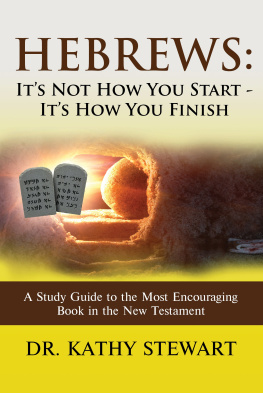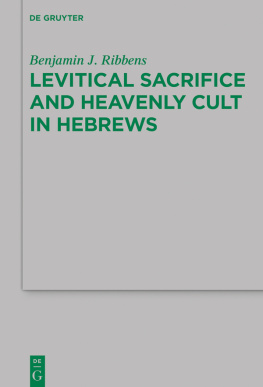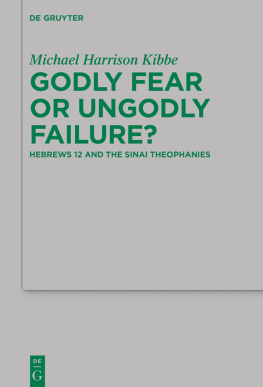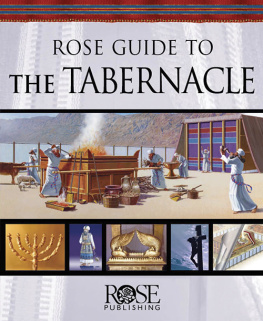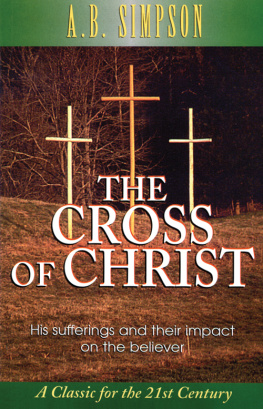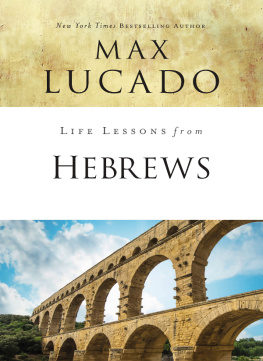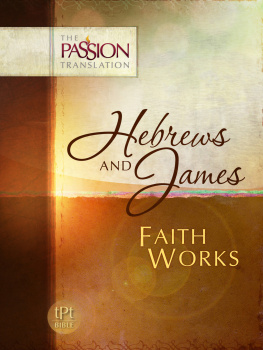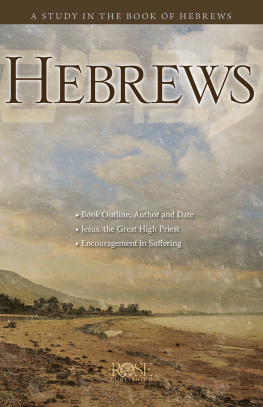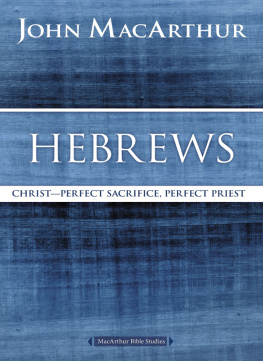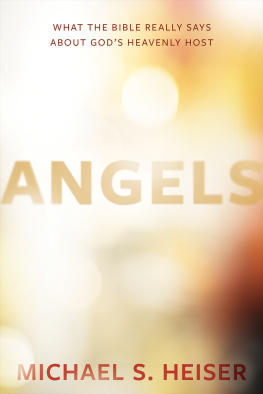Copyright 2018 by Dr. Kathy Stewart.
All rights reserved. No part of this publication may be reproduced, distributed, or transmitted in any form or by any electronic or mechanical means, without the prior written permission of the publisher, except in the case of brief quotations embodied in critical reviews and certain other noncommercial uses permitted by copyright law.
Unless otherwise indicated, all Scripture quotations and references are taken from The Open Bible (NASB), Expanded Edition published by World Publishing, a division of Thomas Nelson, Inc. of Nashville, Tennessee. Copyright 1985 by Thomas Nelson, Inc.
Some other references may include the King James Version (KJV), New International Version (NIV), and the New King James Version (NKJV.)
T o my wonderful parents, C.E. and Peggy Stewart, who have given me their unfailing love and support throughout the years. I would also like to dedicate this work to the memory of two very special ladies who have gone to be with the LordKathleen Rickman and Donna Conners. They not only gave tremendous encouragement to me and so many others throughout the years, but their courage in battling cancer was inspirational. In many ways, their lives are what this work is all about. Although you will always be missed, we know you are in a better p lace.
H ave you ever experienced loneliness, depression, a mental or emotional breakdown, grief from the loss of a loved one, perhaps ill health, the loss of a job, or chronic pain? Like many of you, I have. However, many of you have had painful experiences that I have notexperiences such as a prolonged battle with cancer, financial difficulties, a broken marriage, or a battle with addiction, to name just a few. It is for people like you that I have labored long hours over a Bible study that I hope will be especially encoura ging.
The epistle to the Hebrews has one central message that rings loud and clear from its pagesnamely, that because our Lord Jesus serves forever as our Great High Priest, because He ministers in a better sanctuary in the heavens, because He is the mediator of a better covenant enacted on better promises, because He can identify with all of our sufferings and weaknesses, and most important, because He now sits at the right hand of God interceding for us, we can make it! He provides a throne of grace that we can approach boldly at any time.
Some may ask why I chose an epistle that has such a deep doctrinal message. While I will admit that it was tough (particularly the warning passages), I felt that lay people too often migrate to a study of Bible characters and do not spend enough time investing in doctrine. Nevertheless, we are told in Scripture (2 Tim. 3:1617 for instance) to engage in sound doct rine.
Lest any of you fear that you may be engaging in some sort of scholarly treatise, let me assure you that I tried to keep this study as simple (but as scriptural) as I could for the laity. As a result, I deliberately chose not to rely heavily on commentaries but on the Word of God itself. You will find as you progress that this is not necessarily a verse-by-verse study. Some verses were skipped in order to concentrate on the bigger picture. However, I dont believe the essential points of the passage or the general message of the epistle suffered in doin g so.
Having said this, I hope you will learn something that will help you endure in the faith and be encouraged in all circumsta nces.
Kathy Ste wart
W elcome to a study of what I believe to be one of the greatest, most inspiring books not only in the New Testament, but the entire Bible. While you may struggle as I do with faith in the midst of trials, I sincerely hope that before this study is concluded, you will come to realize that blessed assurance and eternal hope that comes from knowing Jesus as both Savior and Lord. We can press onward and finish our race with endurance and confidence because of the promised joy and eternal rest that are set befor e us.
Before we get ahead of ourselves, however, lets pause to briefly examine one of the most intriguing questions pertaining to this epistlenamely, who wrot e it?
The question of authorship has led to much scholarly speculation for centuries. Just like the ancestral background of Melchizedek (whom well study in detail), the answer is unknown, and at times in the early centuries of the church, the epistles uncertain authorship posed a potential threat to its inclusion in the New Testament. Despite lacking the familiar traditional greeting that one expects from an epistle, it is obvious from the way Hebrews closes in verses 13:1825 that it was meant to be an epistle to its original recipients. The writer was obviously not anonymous to them. For whatever reason, we can only surmise that the author either wished to not draw attention to himself to future recipients or the first recipients chose not to share this information when they began circulating copies of the original manuscript. Tradition and scholars seem to be divided into two camps as to proposed authorshipsupporters of Paul or supporters of one of his close associ ates.
Supporters of Pauline authorship point out the reference to Timothy in 13:23. They also cite the similarity of language and phrases in Hebrews to Pauls other known epistles. As examples, look at the Scripture passages below from Pauls letters and compare them to similar analogies in Hebrews. What subjects do these passages have in co mmon?
1 Corinthians 3:12; Hebrews 5:1
1 Corinthians 9:24; 2 Timothy 4:7; Hebrews 12:1.
Nevertheless, significant differences have led many biblical scholars to reject Pauline authorship. Although it is difficult to understand because of our English translations, the Greek language of Hebrews is better than the Greek language typically used by Paul in his epistles. With regard to the reference to Timothy in Hebrews 13:23, it is clear from the context that Timothy has been released from prison. However, in 2 Timothy 1:8 and 4:9,11 (the letter generally regarded as Pauls last epistle, composed just before his death), Timothy had not yet suffered for the gospels sake to the point of being imprisoned as other Christian martyrs had. Therefore, his imprisonment and his release from prison alluded to in Hebrews 13:23 must have occurred after Pauls d eath.
In addition, Pauls customary salutation to his readers, which always included his name, is noticeably missing from the beginning of the book.
The letters theme of Christs High Priestly ministry is also never alluded to in other Pauline epis tles.
Finally, it seems inconceivable to me and others that the apostle Paul would ever have written Hebrews 2:3 since he consistently asserted that his apostleship and calling came directly from the risen Christ (see Gal. 1:11,12). He constantly declared that he was called to be an apostle to the Gentiles, and every serious attempt he made to reach out to the Jewish community seemed to meet with failure and rejection. The author of Hebrews, however, seems to have developed a good enough relationship with his obviously Jewish group of recipients that he believes they will ultimately listen and heed the strong truths that he imparts to them in his word of exhortation (1 3:22).

